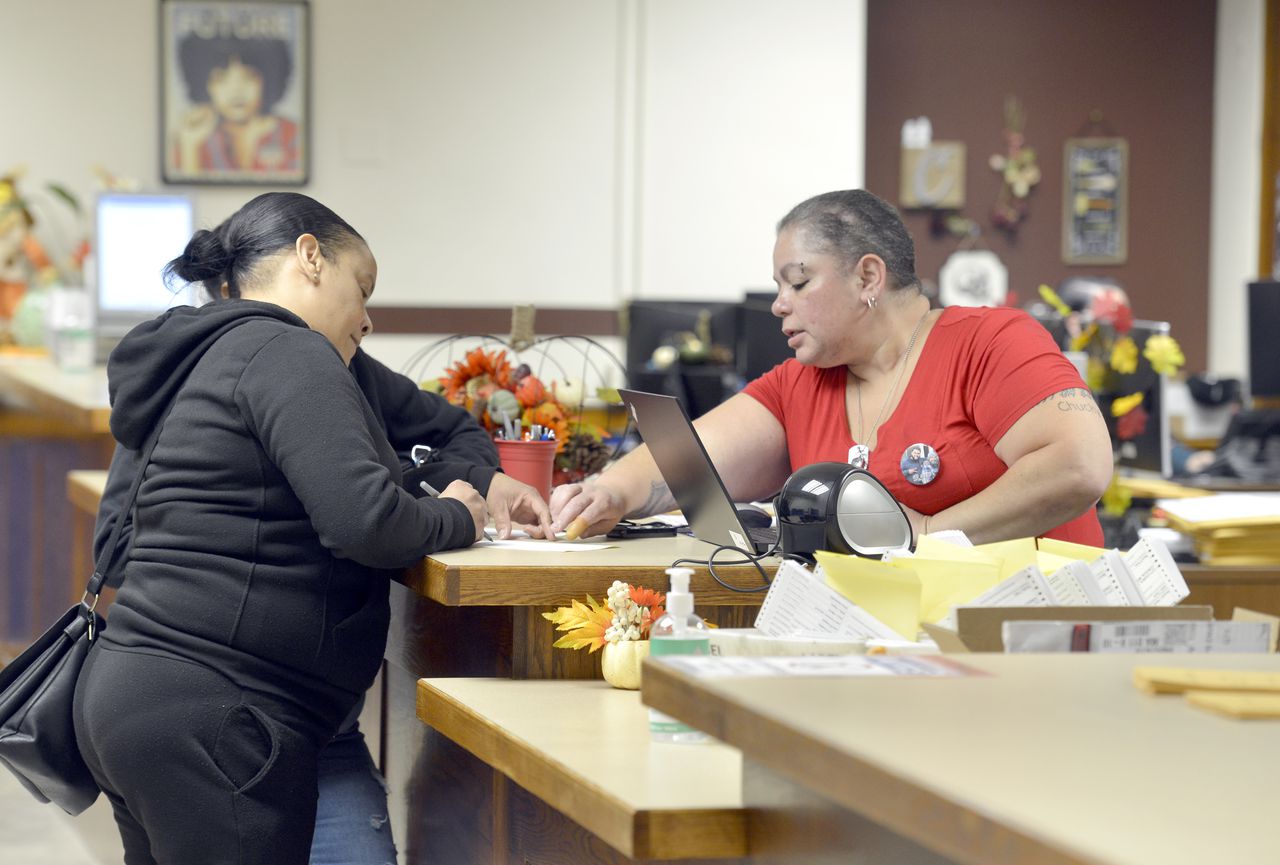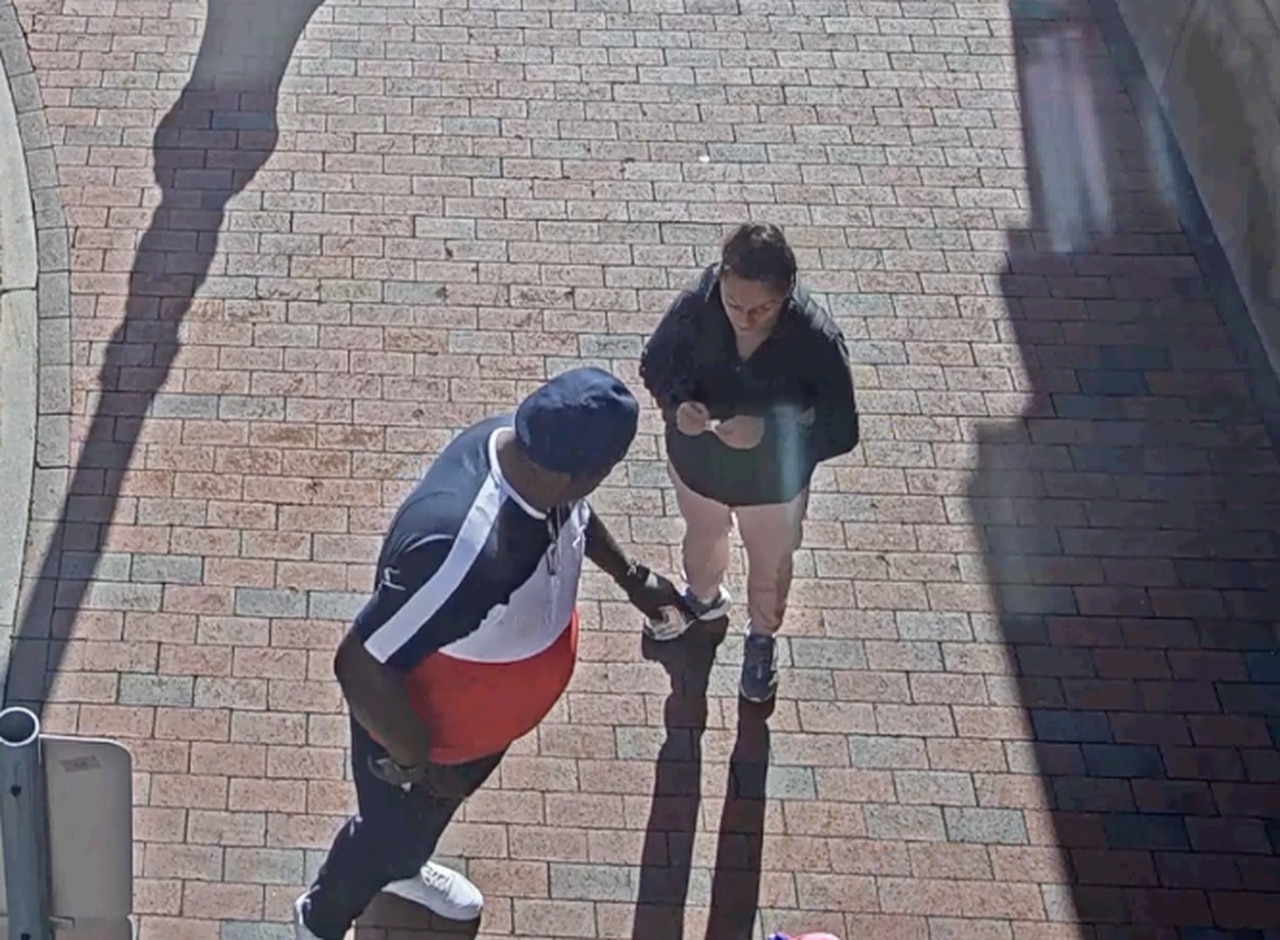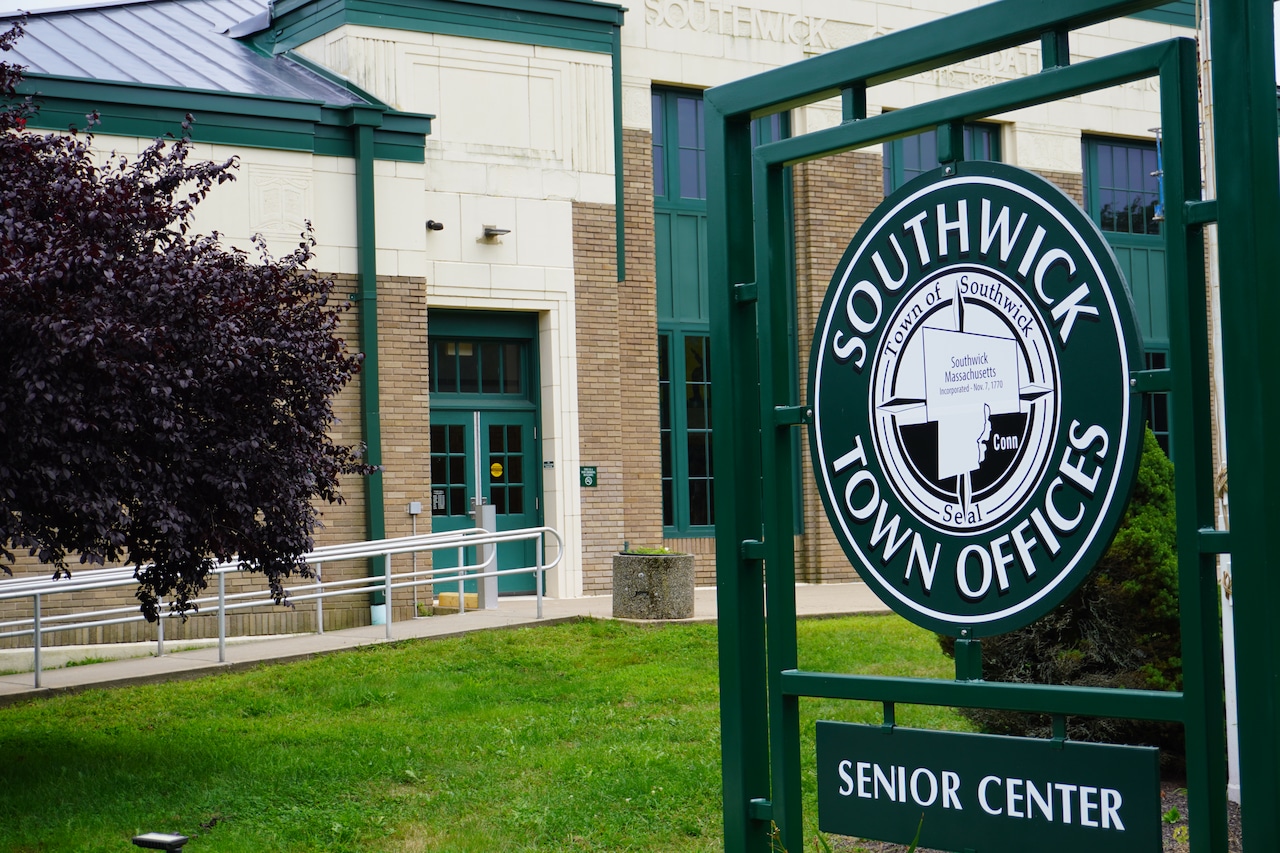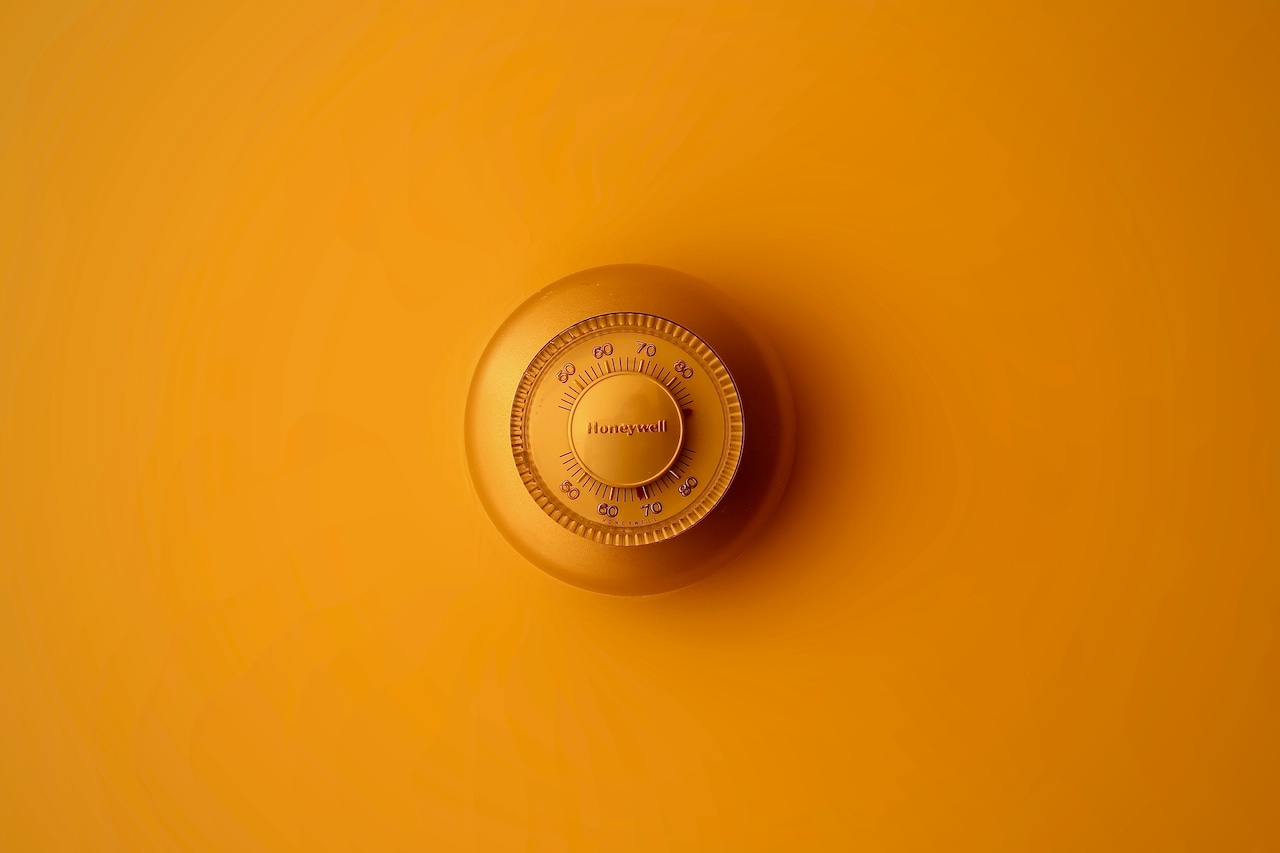SPRINGFIELD — Allegations that money was paid for votes in Springfield’s mayoral race warrants further inquiry, the state’s top election official says. But questions arose just a week before Election Day — and how that probe will be handled remains unclear.
“Any allegations of money being exchanged for votes is certainly concerning, and deserves further investigation,” Secretary of the Commonwealth William Galvin said in a statement. “My office has been in touch with law enforcement, as we would be with any report of a potential irregularity, to ensure that the integrity of the process is maintained.”
Who would handle a probe and what would it look like?
Government agencies that might be in charge are saying little or nothing, in part because the allegations surfaced a week before city councilor and attorney Justin J. Hurst is set to face off against the city’s longest serving mayor, Domenic J. Sarno.
It’s possible that agencies are worried, days before the election, that any statement may impact the contest. Hillary Clinton blamed F.B.I. director James Comey’s letter to Congress about her emails, sent days before the 2016 election, for swaying the results.
In Springfield, surveillance camera footage shows a man associated with Hurst’s campaign giving out money outside City Hall during early voting and Hurst driving people who got cash. Signed affidavits from the city clerk, four city election workers and a police officer document what they witnessed, including multiple voters asking city staff about where to get their $10.
“I heard people asking ‘Where is my payment’ and ‘I was promised ten dollars,’” reads an affidavit signed Tuesday by Daisy Lorenzana, who works in the elections department. “I had seven people ask me directly where their ten dollar payment was,” she writes, adding that a man said in Spanish “vote for Hurst and you’ll get ten dollars.”
Other staffers had similar stories in their sworn statements.
Hurst has vehemently denied wrongdoing and called the allegations a “smear campaign,” while Sarno said the allegations were serious.

A new voter registers at the elections office in Springfield City Hall during the last day of early voting on Friday. On Oct. 28, city elections staff witnessed what they believed was evidence of money being paid for votes. Government agencies that might be in charge of an investigation into the allegations are saying little or nothing, in part because the allegations surfaced only days before city councilor and attorney Justin J. Hurst is set to face off against the city’s longest serving mayor, Domenic J. Sarno. (Don Treeger / The Republican) The Republican
In a letter Oct. 31, City Solicitor John Payne called on the Hampden District Attorney’s Office to open an investigation “or designate what law enforcement agency would be appropriate to investigate, and take appropriate action against anyone who has engaged in improper conduct.”
Payne said Friday he had not heard back from the District Attorney’s office. Payne, a former judge, said he doesn’t expect the public will hear about any investigation by the DA or another agency until it is completed.
“I will be waiting, just like you are, to see whether or not anything comes out of this,” he said. The district attorney’s office declined to comment this week.
Because it’s a local election, any investigation is likely to be handled by the state, said Paul M. Collins, Jr., professor of legal studies and political science at the University of Massachusetts Amherst.
“If there were federal offices on the ballot, the federal Department of Justice would likely handle the investigation,” he said in an email to The Republican in response to questions.
Collins pointed to state law, which reads: “No person shall, directly or indirectly, pay, give or promise to a voter, any gift or reward to influence his vote or to induce him to withhold his vote.” If found guilty, offenders can go to prison for at most a year.
At the state level, the Attorney General’s Office had not received a complaint as of Friday. By policy, the office does not confirm, deny or comment on any investigation, according to its spokespeople.
While concerned, the Secretary of the Commonwealth’s Office is not the agency that will investigate.
“In Massachusetts, the Secretary of State’s Office does not have the authority to enforce election laws. We administer them,” said spokesperson Debra O’Malley. It can investigate elections officials, but “that is not the allegation here, so it is outside of our purview,” she said.
Galvin’s office was contacted by city election officials last weekend with concerns that people were being paid to cast ballots during early voting, O’Malley said.
Springfield City Clerk Gladys Oyola-Lopez called Michelle Tassinari, an attorney at the Secretary of the Commonwealth’s Office, who told Oyola-Lopez to contact the district attorney and that State Police assigned to the DA’s office should investigate, according to Oyola-Lopez’s affidavit.
When they receive complaints, Galvin’s office passes them on to law enforcement, O’Malley said, and staff contacted the U.S. Attorney’s Office for the District of Massachusetts about the city’s recent complaint.

A man associated with Justin Hurst’s mayoral campaign in Springfield is caught on video outside City Hall appearing to hand cash to people who just voted on Oct. 28. (Screenshot from surveillance video)FILE
That federal office said it couldn’t confirm or deny the existence of a specific investigation.
When asked generally about when and how the office investigates claims of election fraud, a spokesperson pointed to a press release from November 2022 about election protection efforts.
Federal law prohibits bribing voters and buying votes, it says. “We all must ensure that those who are eligible to vote can exercise that right if they choose, and that those who seek to corrupt the voting process are held accountable,” said then-U.S. Attorney Rachael Rollins.
New York University’s Brennan Center for Justice says voter fraud is very rare and does not happen at a level to change election results.
“Allegations of vote buying are very rare in contemporary politics, whether at the local or national level,” said Collins, the UMass professor. “Although there are plenty of examples of vote buying happening throughout American history, especially in areas dominated by political machines, it is far from a common occurrence today.”
In a recent example, Collins pointed to a case in Amite City, Louisiana, where a police chief and councilmember paid voters in 2016 elections in which they were candidates. The FBI investigated. Last year, both officials were sentenced to a year in prison for violating federal election law, according to the U.S. Department of Justice.
Their “vote buying scheme included the solicitation and hiring of individuals responsible for identifying potential voters, the transportation of those voters to the polls, and payment and offer of payment to the voters for voting,” a statement from the U.S. Department of Justice reads.
Though they are rare, allegations of vote buying can be damaging.
“Any allegation of vote buying has the potential to undermine trust in the integrity of elections, particularly among those who already doubt the fairness of elections,” Collins said.
How it may affect turnout Tuesday in Springfield, he said, is not clear. “On the one hand, it could increase turnout since voters may be mobilized to vote to protest perceived corruption,” he wrote. “On the other hand, it may cause voters to stay home out of frustration with the political process.”
Polls are open Tuesday from 7 a.m. to 8 p.m. Specific voting locations for each ward and precinct are listed at https://www.springfield-ma.gov/elections/polling-locations.





